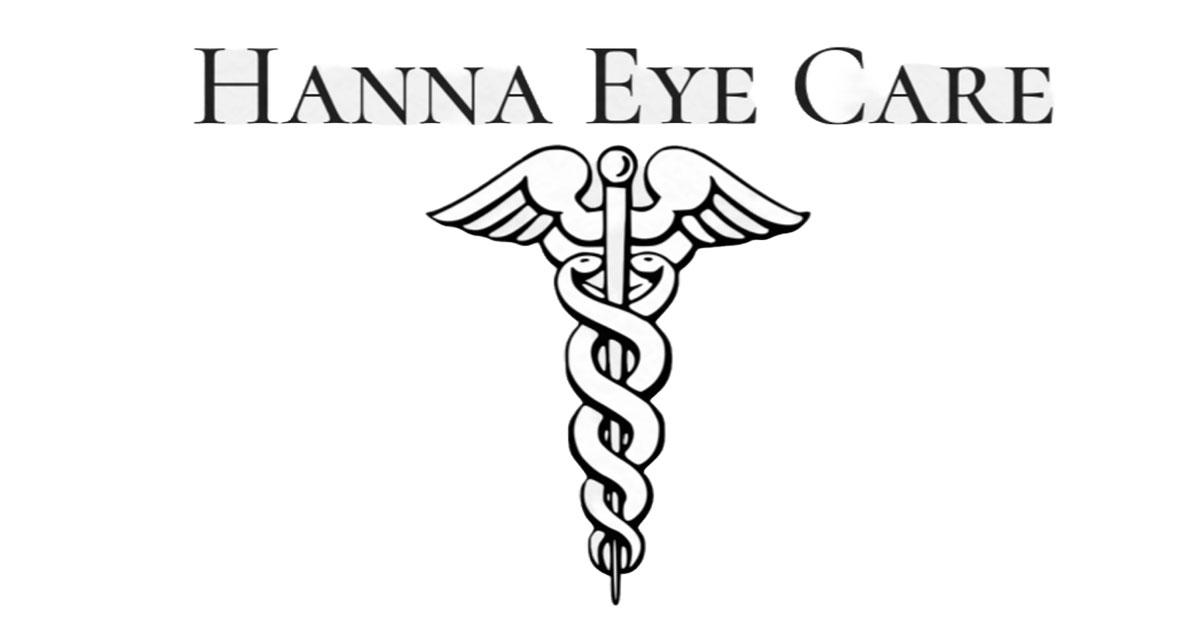Glaucoma Exams
Jacksonville, FL
Glaucoma is a group of eye diseases that damages the optic nerve, which carries visual messages from your eye to the brain. It’s often associated with increased pressure inside the eye, but not always. The two main types of glaucoma are open-angle and angle-closure glaucoma. Both types can lead to irreversible vision loss, which is why regular eye exams are crucial to catching this disease early.
At Hanna Eye Care in Jacksonville, our eye doctor can diagnose glaucoma and other eye conditions during a comprehensive eye exam. Early diagnosis is critical when it comes to managing glaucoma. While vision loss caused by glaucoma can’t be reversed, you can prevent further damage with the right treatment and care.
Risk factors for glaucoma
Several risk factors can increase a person’s likelihood of developing glaucoma. These include:
- Age (over 60)
- Family history
- Race (People of African, Hispanic, and Asian descent are at higher risk)
- Certain medical conditions such as diabetes and heart disease
- Previous eye injury
- Prolonged steroid use
- High eye pressure
If you have any of these risk factors, it’s important to have regular eye exams to check for signs of glaucoma. Early diagnosis and treatment can help prevent vision loss and protect your eye health.

Glaucoma diagnosis in Jacksonville, FL
Glaucoma is sometimes called the “silent thief of sight” because it usually has no symptoms in the early stages of the disease. Most patients don’t notice vision loss until the disease advances to later stages.
Since symptoms may not be present, an eye exam is often the best way to catch it early. During a comprehensive eye exam at Hanna Eye Care, our eye doctor will measure your eye pressure and check for other signs of the disease. We may use an ultrasonic wave instrument called a pachymeter to measure the thickness of your cornea or optical coherence tomography or digital retina scanning to create detailed images of your optic nerve. Other examples of diagnostic tests include:
Visual field testing
A visual field test is a quick and painless procedure used to detect glaucoma and other eye conditions. During the test, you will be asked to look straight ahead while small flashing lights or dots appear in your peripheral vision. You will press a button whenever you see a light. By mapping out your visual field, we can identify any areas of vision loss or distortion, which can be a sign of glaucoma.
Optical coherence tomography (OCT)
One of the diagnostic tools we use in our office to detect and manage glaucoma is OCT. This innovative tool uses a laser to scan the optic nerve and create a detailed image of its structure.
More about OCT
We can then analyze this image to determine if there is any damage or thinning of the nerve fibers, which may indicate the onset of glaucoma.
OCT is non-invasive and painless, and the entire process usually takes just a few minutes. Patients simply sit in front of the machine and look into a lens while the laser scans the eye.
The results of the OCT analysis can be used to help diagnose glaucoma and monitor its progression over time. By regularly measuring the thickness of the nerve fibers, we can detect changes early and adjust treatment as needed to help prevent further vision loss.
Glaucoma treatment in Jacksonville, FL
Although there is no cure for glaucoma, there are ways to effectively manage and treat the condition. With the right treatment, you can greatly reduce or delay the negative effects of the disease.
The main goal of treating glaucoma is to lower eye pressure and prevent further damage to the optic nerve. The specific type and severity of your glaucoma will determine the best course of treatment. If you have glaucoma, our eye doctor will work closely with you to create a customized treatment plan that fits your specific needs. Together, we can help manage your glaucoma and maintain your eye health for years to come.
Glaucoma treatment and management may include:
-
Yearly visual field and OCT
-
Intraocular pressure checks every 3-4 months
-
Usage of prescription eye drops
In some cases, we may recommend surgery if other treatments do not lower your eye pressure to a safe level. We will refer you to an ophthalmologist in the area who will run extensive tests and decide if surgery is necessary. Following surgery, your eye doctor at Hanna Eye Care will monitor your progress and recovery during follow-up visits.
Our highly skilled and dedicated optometrist is here to support your vision needs. If you notice any changes in your vision, schedule an appointment with Hanna Eye Care in Jacksonville today.
